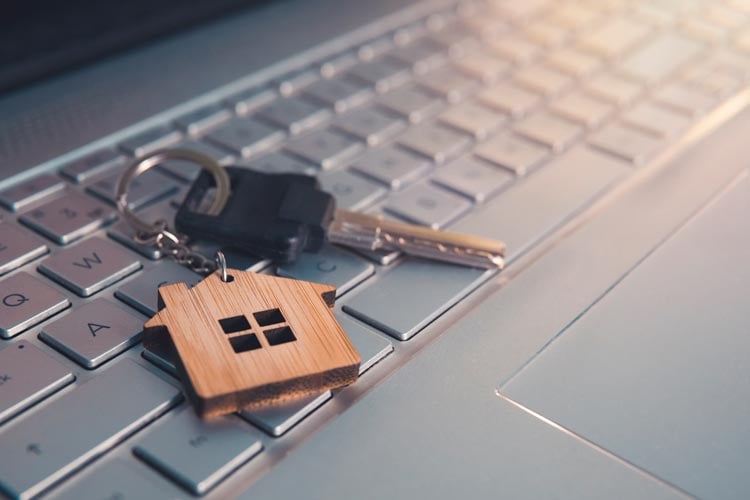
Reverse mortgages are a financial tool that has enjoyed an increase in popularity in recent years. There are at least three good reasons for this surge. First, people are living longer. Even with the impact of the Covid-19 pandemic, Americans are living longer than ever, and that trend is likely to continue. Second, for many people, their residence is their most significant asset. Finally, as the prevalence of defined benefit pensions has declined, more retirees need income to supplement their Social Security benefits and other sources.
What is a reverse mortgage?
A reverse mortgage is a loan backed by the Federal Housing Administration (FHA) that allows homeowners at least 62 years old to access the equity in their primary residence without making loan payments. Instead, the reverse mortgage lender pays the homeowner a percentage of the equity in their home, and the homeowner doesn’t need to make any payments until they move out or pass away. However, the homeowner does need to keep up with property taxes, insurance, and HOA fees (if applicable).
The loan also requires an upfront payment of approximately two percent of the value to the FHA. This payment isn't refundable, but you can incorporate it into the loan. In addition, reverse mortgage holders pay mortgage insurance to the FHA as long as the loan is in place. As with the upfront payment, homeowners can roll that charge into the loan if they prefer that approach.
Once the owners have a reverse mortgage, they must continue living in the home and pay taxes, insurance, HOA fees, and maintenance costs. If they do so, they don’t make any payments on the loan. Then, when the owners move out, sell the home, or die, the proceeds from the sale pay off the loan, including the accrued fees and interest. The balance goes to the heirs if the loan amount is less than what the home sells for. If the house sells for less than the amount due, the heirs don’t have to pay the difference. Suppose your heirs want to keep the home—they can do so by refinancing or paying what’s due.
Is a reverse mortgage a good idea?
Reverse mortgages have their proponents and opponents, like many innovative financial instruments. However, for some retired homeowners, using the equity in their property without making loan payments is a way to supplement their income. The mortgage holder often chooses between receiving the funds in a lump sum or monthly payments.
Interest rates for reverse mortgages are usually a bit higher than a traditional conforming mortgage loan. However, the rate fluctuates like other mortgage products, and many reverse mortgages have variable interest rates.
The IRS considers funds from a reverse mortgage to be loan proceeds rather than income. Therefore, borrowers won't pay income taxes on the money they receive, unlike some other sources of retirement income. However, since the borrower doesn’t pay interest until the loan is paid back, there is no available deduction for mortgage interest.
Some opponents object that the homeowner is diminishing the value of the estate they leave to their heirs. Fortunately, the borrower and their heirs are protected from the potential of owing more than the house is worth when the owners pass away, sell, or move. For some retirees, it's a way to supplement their income while remaining in their homes.
This material is for general information and educational purposes only. Information is based on data gathered from what we believe are reliable sources. It is not guaranteed as to accuracy, does not purport to be complete and is not intended to be used as a primary basis for investment decisions. It should also not be construed as advice meeting the particular investment needs of any investor.
Realized does not provide tax or legal advice. This material is not a substitute for seeking the advice of a qualified professional for your individual situation.
Please consider the risks, charges, and expenses carefully before engaging in a reverse mortgage. Borrowers must meet a minimum age requirement to qualify. The borrower is still required to pay taxes and insurance on the property. The amount of money available is based on the owners equity in the home. Medicaid and other need-based government assistance can be affected. As the loan balance gets larger over time the value of the estate/inheritance may decrease over time.



